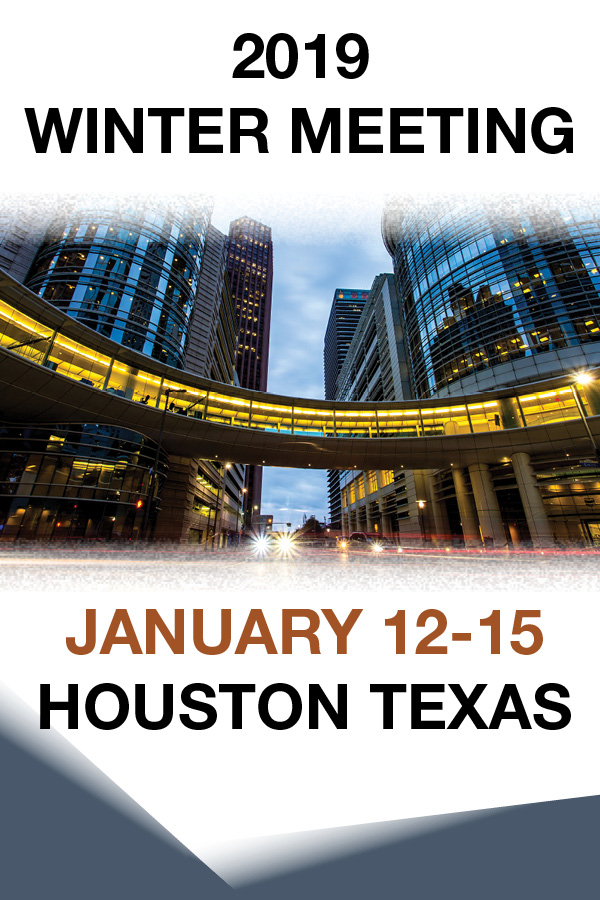 2019 AAPT WINTER MEETING
2019 AAPT WINTER MEETING
January 11–15, Houston, Texas
Statistics:
Attendees: 714
Exhibitors: 19
Sessions: 62
Workshops: 27
Tutorials: 0
Topical Discussion: 1
Posters: 10 session / 70 Posters
Program Committee Chair: Chandralekha Singh
Special Thanks
AAPT thanks Rebecca Forrest and Donna Stokes from the University of Houston for helping to organize the workshops.
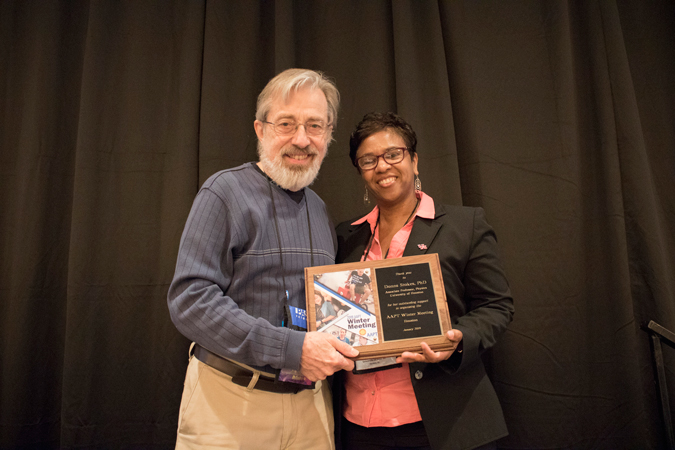
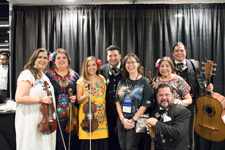
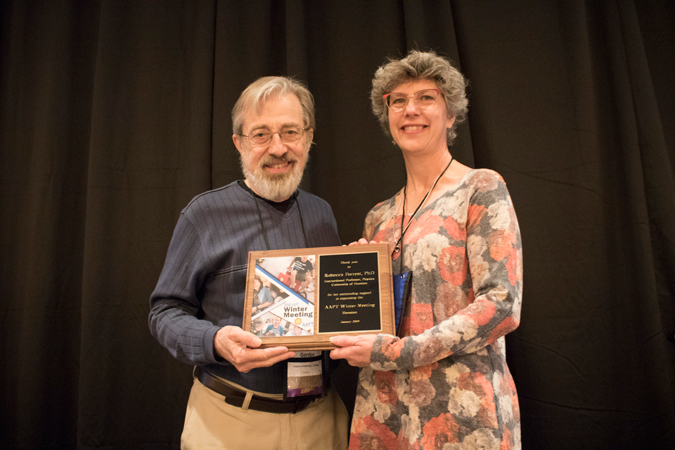
Paper sorters: Trina Cannon, Andy Gavrin, Sarah Formica, Debbie French, Karen Gipson, Tommi Holsenbeck, Daniel Jackson, Eric Kuo, Gen Long, Kenn Lonnquist, Marie Lopez del Puerto, Dan MacIsaac, Steve Maier, Adriana Predoi-Cross, Brian Pyper, Charlene Rydgren, Jeff Saul, Daniel Thompson
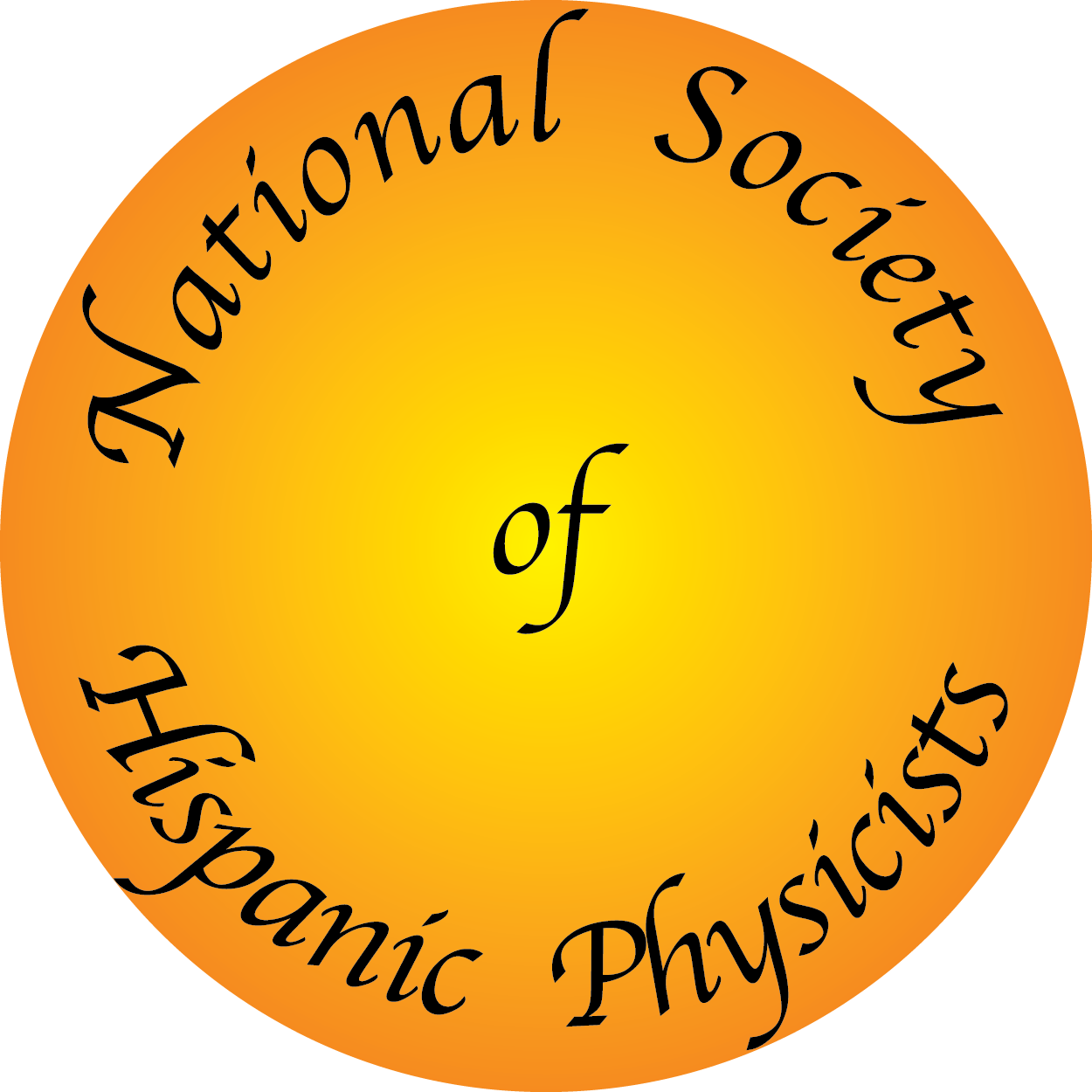 A joint meeting with the National Society of Hispanic Physicists (NSHP), the plenaries, sessions, tutorials and workshops covered a wide range of interests and levels from the novice to the experienced teacher. NSHP sessions included “PER in Latin America and at Hispanic-Serving Institutions in the U.S. and Physics at Hispanic Serving Institutions (HSIs): Challenges and Opportunities
A joint meeting with the National Society of Hispanic Physicists (NSHP), the plenaries, sessions, tutorials and workshops covered a wide range of interests and levels from the novice to the experienced teacher. NSHP sessions included “PER in Latin America and at Hispanic-Serving Institutions in the U.S. and Physics at Hispanic Serving Institutions (HSIs): Challenges and Opportunities
The headquarters hotel for the 2019 Winter Meeting was the Westin Galleria and the Westin Oaks Houston at the Galleria. The University of Houston was host to workshops on Saturday and Sunday with selections ranging from “STEP UP 4 Women” to “Integrating NGSS Practices with the Physics Through Evidence—Empowerment Through Reasoning Suite” and included a full day field trip to the Space Center Houston that took participants to unique historical locations and exposed them to the history of space exploration, including the history of the USA space program. Commercial Workshops were hosted by PASCO Scientific, Expert TA, Perimeter Institute, Pearson, and Vernier.
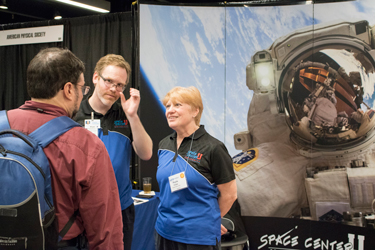
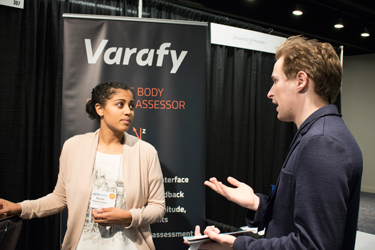
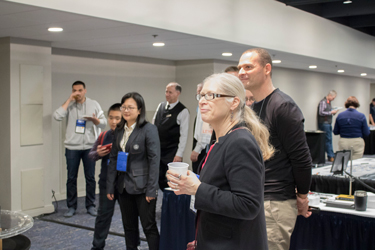
Attendees also enjoyed a variety of social opportunities such as the First Timer/Early Career Social at Peli Peli, First Timers' Gathering, Game Room Night, SPS Undergraduate Awards Reception, the Mall Walk, the Early Career Speed Networking event, Field Trip to MD Anderson Cancer Center, and the High School Teachers' Lounge.
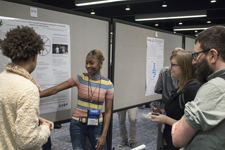
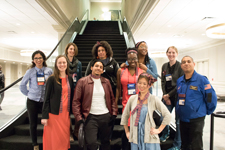
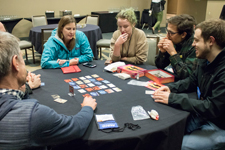
 Past AAPT President, John Hubisz was honored in a special memorial panel session, John Hubisz: Celebrating 59 Years of AAPT Distinguished Service. In his years of service, John Hubisz touched students, faculty, staff, and friends in K-12 public and parochial schools, two- and four-year colleges, and research universities. Peers and protégés shared fond memories of John’s achievements, and what current AAPT members can do, through the camaraderie, support, and opportunities AAPT offers. John served over 35 AAPT Committees, brought attention to deficiencies in middle school science texts, promoted diversity, raised awareness of senior physicists, and inspired AAPT Sections. He was active in his church, his local community, and a ravenous collector and reader of fine books. Panelists Chuck Stone (Colorado School of Mines), Tom O’Kuma (Lee College), Chris Gould (North Carolina State University), Joe Heafner (Catawba Valley Community College), Aaron Titus (High Point University), Steve Iona (University of Denver), and Jola Hubisz discussd John’s gentle yet effective character. Audience members were invited to share personal perspectives.
Past AAPT President, John Hubisz was honored in a special memorial panel session, John Hubisz: Celebrating 59 Years of AAPT Distinguished Service. In his years of service, John Hubisz touched students, faculty, staff, and friends in K-12 public and parochial schools, two- and four-year colleges, and research universities. Peers and protégés shared fond memories of John’s achievements, and what current AAPT members can do, through the camaraderie, support, and opportunities AAPT offers. John served over 35 AAPT Committees, brought attention to deficiencies in middle school science texts, promoted diversity, raised awareness of senior physicists, and inspired AAPT Sections. He was active in his church, his local community, and a ravenous collector and reader of fine books. Panelists Chuck Stone (Colorado School of Mines), Tom O’Kuma (Lee College), Chris Gould (North Carolina State University), Joe Heafner (Catawba Valley Community College), Aaron Titus (High Point University), Steve Iona (University of Denver), and Jola Hubisz discussd John’s gentle yet effective character. Audience members were invited to share personal perspectives.
Plenaries
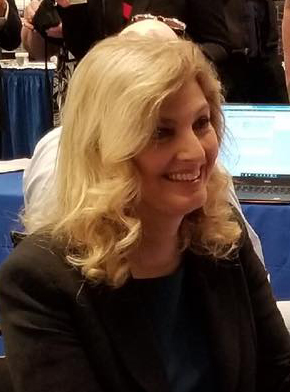 Michelle Feynman talked about “Growing Up Feynman” in her plenary talk on Monday. To explain and elaborate on her father’s quirky perspective and personality, Michelle presented an unprecedented, intimate look at what it was like to grow up as a Feynman, complete with vivid personal stories and vibrant photographs. Richard loved public games, catching people off guard, and challenging Michelle’s math teachers, much to her embarrassment. It wasn’t until she was much older that Michelle learned that her father was even considered a genius. Her experience was with that of a loving, clumsy, forgetful, but hard-working teacher that never took himself too seriously.
Michelle Feynman talked about “Growing Up Feynman” in her plenary talk on Monday. To explain and elaborate on her father’s quirky perspective and personality, Michelle presented an unprecedented, intimate look at what it was like to grow up as a Feynman, complete with vivid personal stories and vibrant photographs. Richard loved public games, catching people off guard, and challenging Michelle’s math teachers, much to her embarrassment. It wasn’t until she was much older that Michelle learned that her father was even considered a genius. Her experience was with that of a loving, clumsy, forgetful, but hard-working teacher that never took himself too seriously.
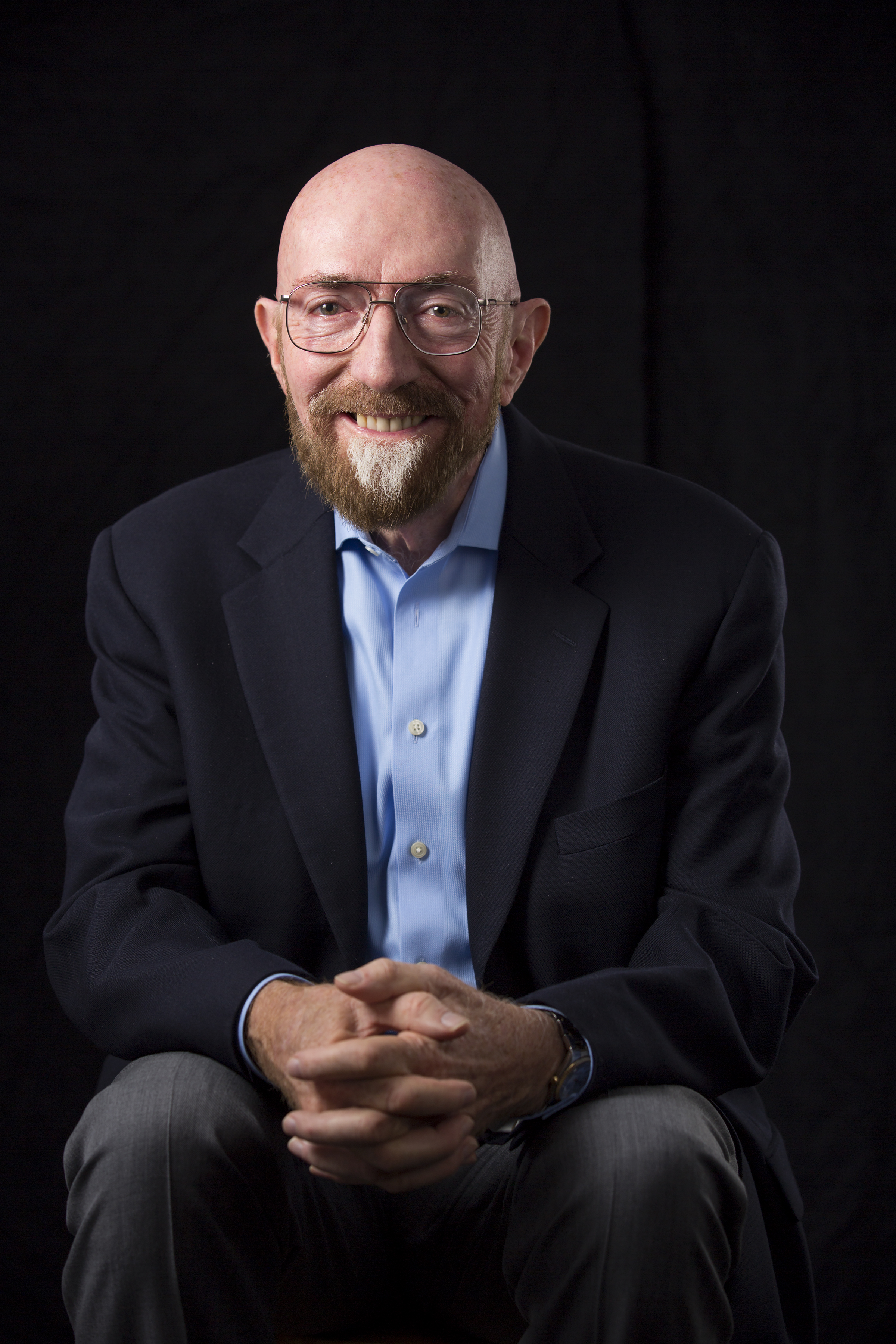 In his talk, “My 60 Year Romance with the Warped Side of the Universe - and What it has Taught me about Physics Education” 2017 Nobel Laureate Kip Thorne discussed his views, in the context of personal anecdotes about my warped-side research, teaching, mentoring, writing, and outreach. Beginning in his student years in the 1950s and 60s, when Einstein’s general relativity theory suggested that there might be a “warped side” of our universe he learned about objects and phenomena made not from matter, but from warped spacetime. He has devoted most of his career to exploring this warped side through theory and computer simulations, and to developing plans and technology for exploring the warped side observationally, via gravitational waves. Most of his classroom teaching, mentoring, writing, and outreach to nonscientists, has revolved around the warped side; and from this he developed some strong views about physics education.
In his talk, “My 60 Year Romance with the Warped Side of the Universe - and What it has Taught me about Physics Education” 2017 Nobel Laureate Kip Thorne discussed his views, in the context of personal anecdotes about my warped-side research, teaching, mentoring, writing, and outreach. Beginning in his student years in the 1950s and 60s, when Einstein’s general relativity theory suggested that there might be a “warped side” of our universe he learned about objects and phenomena made not from matter, but from warped spacetime. He has devoted most of his career to exploring this warped side through theory and computer simulations, and to developing plans and technology for exploring the warped side observationally, via gravitational waves. Most of his classroom teaching, mentoring, writing, and outreach to nonscientists, has revolved around the warped side; and from this he developed some strong views about physics education.
Awards
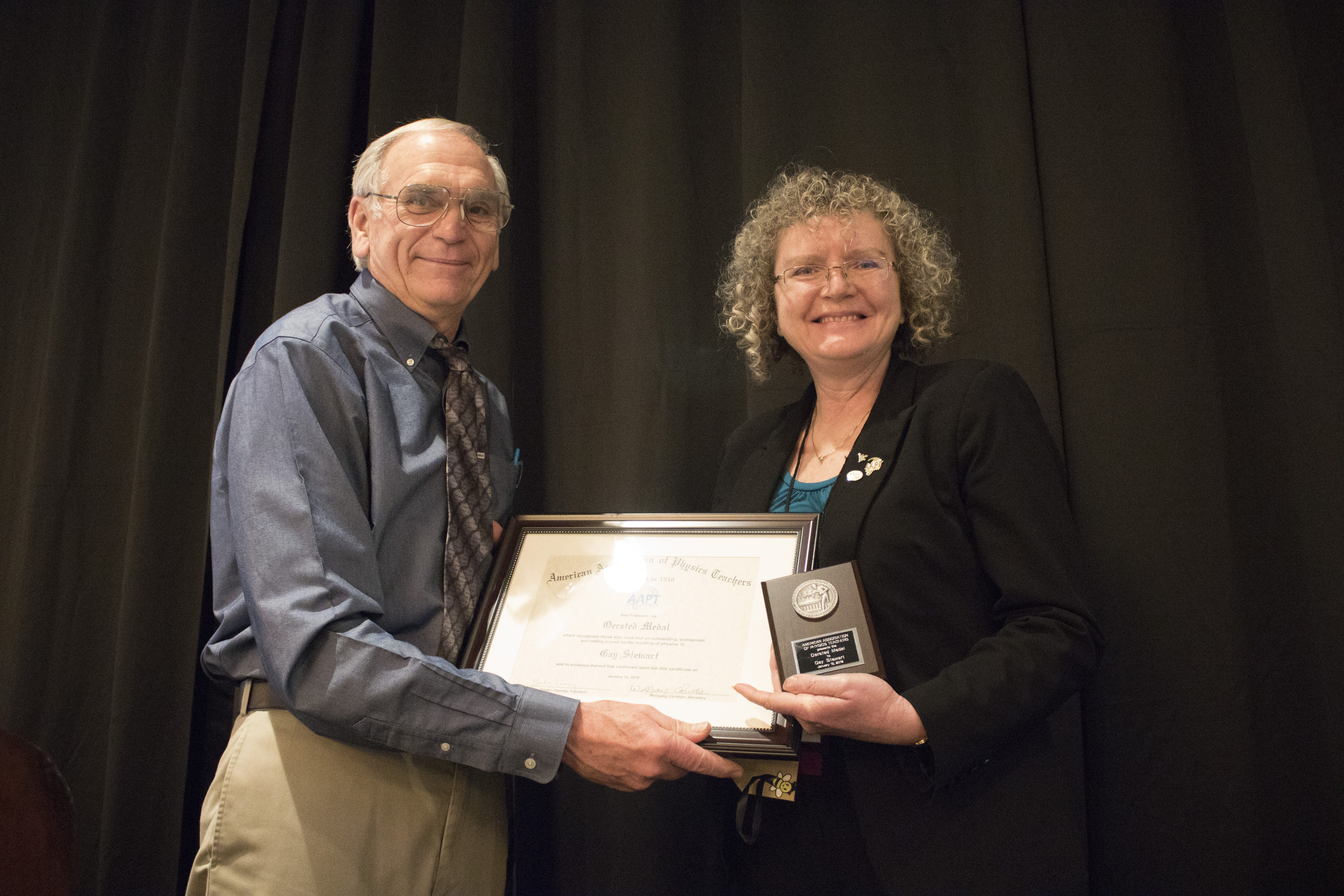 The 2019 Oersted Medal was awarded to Gay Stewart. Her talk was titled A spectacular Opportunity for the Physics Community to Broaden its Community of Learners.
The 2019 Oersted Medal was awarded to Gay Stewart. Her talk was titled A spectacular Opportunity for the Physics Community to Broaden its Community of Learners.
Gay Stewart received her PhD in physics from University of Illinois, Urbana-Champaign and accepted a faculty position at the University of Arkansas (UA) in 1994. At UA, she focused on three interrelated issues: improving the introductory sequence to better prepare students to succeed in STEM, improving the preparation of physics majors for the variety of career options open to physicists, and the preparation of future faculty, both high school and professoriate. In 2014, Gay transitioned to West Virginia University, where she is Eberly Professor of STEM Education and founding director of the Center for Excellence in STEM Education. The transdisciplinary center works with faculty across STEM and related disciplines at WVU, partner programs, and the WVU Department of Education to enhance STEM education and STEM education opportunities, grades K-20. The center also houses the high school STEM teacher program and supports WVU’s PhysTEC implementation. Gay has served in leadership positions in AAPT and APS, and is a fellow of both.
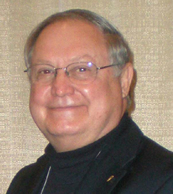 Jack Hehn, recipient of the Melba Philips Award for 2019 spoke of the decades of work accomplished during his career as a physics educator and organizational leader in his talk, “May the Work I Have Done Speak for Me." Hehn has a wide range of experience in physics and science education having taught and worked with students in elementary school through graduate school. He has served in administrative staff and instructional roles within physics departments for 19 years and spent much time developing and teaching the freshman physical science course for pre-service teachers, developing mentoring and training programs for teaching assistants, and developing instructional laboratory programs using multimedia and interactive computer technologies.
Jack Hehn, recipient of the Melba Philips Award for 2019 spoke of the decades of work accomplished during his career as a physics educator and organizational leader in his talk, “May the Work I Have Done Speak for Me." Hehn has a wide range of experience in physics and science education having taught and worked with students in elementary school through graduate school. He has served in administrative staff and instructional roles within physics departments for 19 years and spent much time developing and teaching the freshman physical science course for pre-service teachers, developing mentoring and training programs for teaching assistants, and developing instructional laboratory programs using multimedia and interactive computer technologies.
Hehn has served as a reviewer, advisor, and consultant to many physics departments and large-scale projects, and he has developed and implemented leadership workshops for faculty and principal investigators in education and research projects. Hehn is recognized as a national advocate for science, science policy, and science education.
The AIP Andrew Gemant Award was given to David E. Kaplan. He discovers possible theoretical extensions to the standard model of particle physics and cosmology, and then novel ways to discover those and other models. Kaplan is a Fellow of the APS, and has been named an Outstanding Junior Investigator by the DOE, a Kavli Frontiers Fellow of the NAS and an Alfred P. Sloan Fellow. He has also created and produced the documentary film, “Particle Fever,” for which he has won a DuPont Journalism Award, and other accolades.
Member service to AAPT was recognized with the presentation of the Homer L. Dodge Citations for Distinguished Service to AAPT to Janelle Bailey, Heather Lewandowski, Sherry Savrda, Robert Teese, and Aaron Titus.
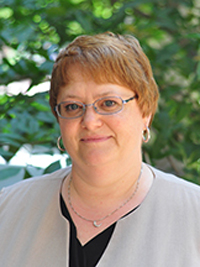
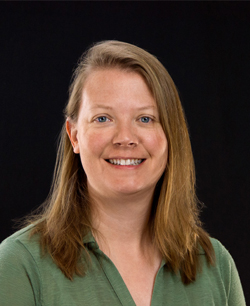
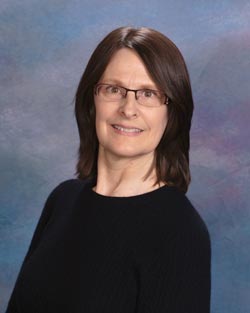
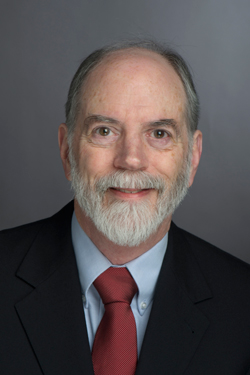
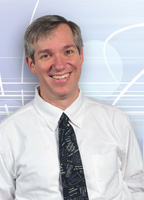
Janelle Bailey’s long history of dedicated service to AAPT began many years prior to entering the four-year Presidential Chain in 2014 and included: Co-Founder, President, and Section Representative, Southern Nevada Section; Editorial Board Member and occasional reviewer, The Physics Teacher; reviewer, American Journal of Physics; Chair and Committee member, Committee on Space Science and Astronomy; Organizer/presider of multiple sessions and workshops; and Paper Sorter for WM07 (Joint Meeting with the American Astronomical Society) and WM12. In 2014 she was elected to serve as Vice President on the AAPT Executive Board and continued serving as President-Elect in 2015, President in 2016, and Past President in 2017.
Heather Lewandowski has been an active member of AAPT since 2007 and has also been an active member of ALPhA, serving on their board since 2011. She has served on the Committee on Laboratories and was in that capacity when she also served as a member of the sub-committee that drafted the "Recommendations for the Undergraduate Physics Laboratory Curriculum" endorsed by the AAPT Executive Board in 2014. Lewandowski has also served on the Programs Committee and as a member of the American Journal of Physics Resource Letters Editorial Board from 2014-2018.
An active member of AAPT since 1993, Sherry Savrda has served on the AAPT Nominating Committee, and the Committee on Physics in Two-Year Colleges, twice as chair, prior to her election to the Board of Directors as the At Large Representative for Two-Year-Colleges where she served from 2015-2018. As a member of the Board she served on the Lotze Scholarship, Awards, and Audit Committees. She has presented workshops, given talks both contributed and invited, and presented posters at national AAPT meetings.
She has worked tirelessly in promoting physics and physics teaching locally in Florida and nationally through her efforts in TYC21, ICP21 grant project, AAPT's New Faculty Experience for Two Year College Physics Faculty, and numerous other "projects" through or affiliated with AAPT.
She has been active in the Florida Section of AAPT for over 20 years, serving as Section Representative, through the presidential chain of FS AAPT, hosted the FS AAPT meeting at her college, presented numerous talks, workshops, and posters at FS AAPT meetings, and received their Distinguished Service Award in 1998.
Robert Teese has been an AAPT member since 1987, serving on the Committee on Educational Technologies, presenting at AAPT Summer and Winter Meetings, and supporting several AAPT education funds. Additionally, he served as Treasurer of the Southern Ohio Section of AAPT. Regarding his selection to receive this citation, Teese said, “I am honored to accept the Homer L. Dodge Citation. However, I feel as if I should be the one giving AAPT the award! The association has been an important part of my professional life since I began teaching. I am grateful to be able to give back to it.”
Aaron Titus has been an active member of AAPT for 20 years and, besides the committees required as part of his Board of Directors role, he has served on the Lotze Scholarship, Physics in Undergraduate Education, and Graduate Education in Physics committees. He was elected and served as the Four-Year College Representative for AAPT from 2013-2016. In addition, he has been active in the North Carolina Section, presenting talks (several receiving awards) and workshops as well as hosting several Section Meetings. When he arrived at High Point University, there was no physics department and no physics major. Aaron was instrumental in creating a physics major as part of the Department of Chemistry. He was equally instrumental in the creation of a separate Department of Physics and he has served as its first and only Chair. His research has been in development and research of multimedia-focused problems, where students are required to take data from an animation to solve a given problem. As a graduate student Titus co-developed WebAssign with Larry Martin. Today, he collaborates with Ruth Chabay and Bruce Sherwood on future editions of Matter & Interactions and is an advocate for incorporating computation and research into the undergraduate physics curriculum starting in the first year.
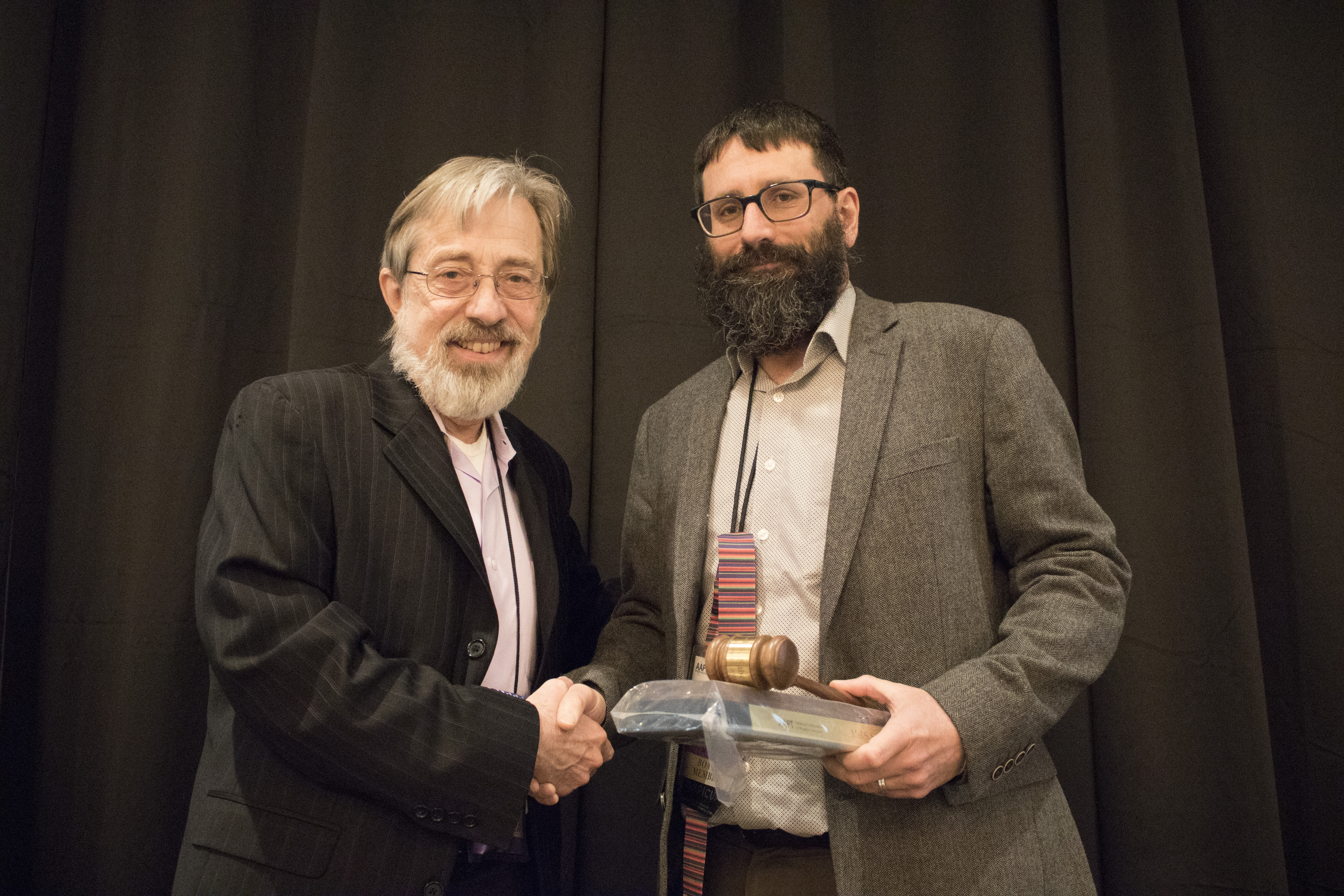 The meeting concluded with the Presidential Transfer where Gordon P. Ramsey turned the Presidential Gavel over to incoming president, Mel Sabella.
The meeting concluded with the Presidential Transfer where Gordon P. Ramsey turned the Presidential Gavel over to incoming president, Mel Sabella.

